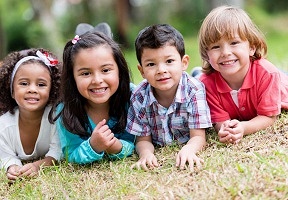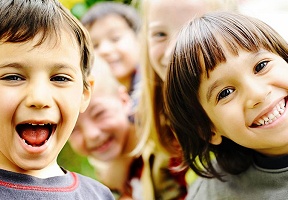

Some small children don’t care what anyone thinks about them. If they want to sing at the top of their lungs, they sing at the top of their lungs. If they want to wear a silly hat, mix-matched socks or gloves on a hot day, they do it – with no regard for how others might judge their eccentricities. Somewhere along the line, though, most children long to fit in and begin to worry that their differences make them stand out – and not in a good way. So, they try to conform to what they perceive their peers or society expect from them. “Unfortunately, in the process they begin to hide what makes them unique instead of embracing it,” says Jennifer Lynch, an educator, child advocate and author of the children’s book Livi and Grace. “They become embarrassed or sad about their differences, maybe feel that people think they are strange, and that other kids won’t like them or won’t play with them. And in truth, other children sometimes will bully a child who is seen as different.” Lynch says some of the ways parents or other adults can help children include:
Remind them that differences make people special. While it’s natural for children to long to fit in with their peers, Lynch says, it’s also important for them to understand that their individuality is what makes them unique. “Differences are interesting and life enriching,” she says. “Part of the message is that you should appreciate the diverse traits in everyone you know, and also appreciate what makes you special.”
Talk to them about the ways in which they shine. “Kids like talking about themselves,” Lynch says. “So get them involved in a conversation about what they are good at. Maybe that is sports. Maybe it is writing. Maybe they make good grades or they are a good big brother or friend. Whatever their special talent is, explore it with them so they know that there is something they do well.”
Encourage them to help other kids feel good about themselves. Young people can feel empowered not only by embracing their differences, but also by providing support and being a friend to others who are different.











